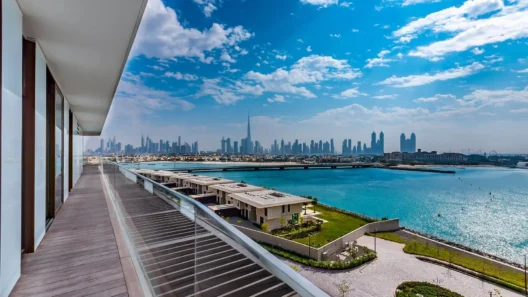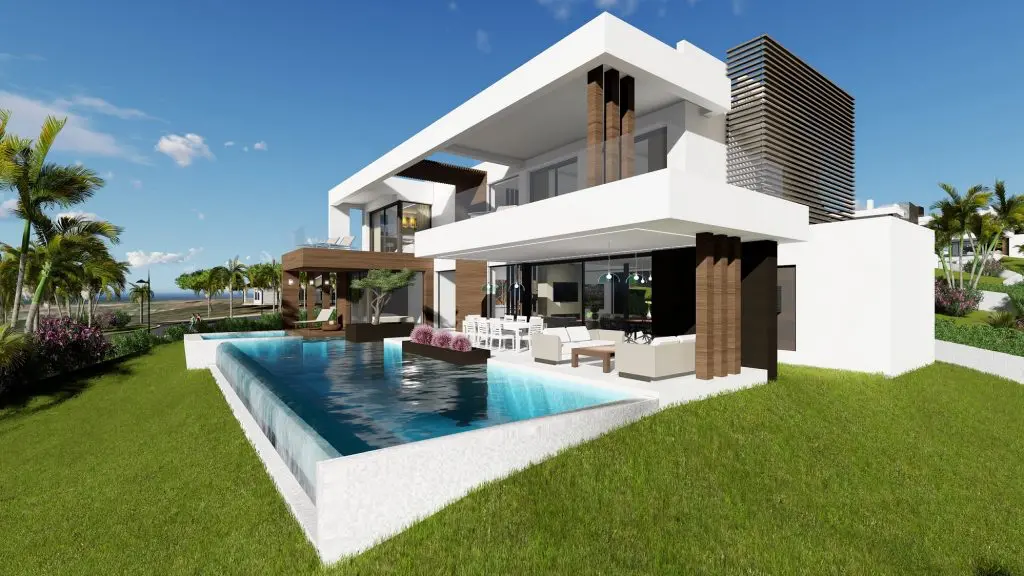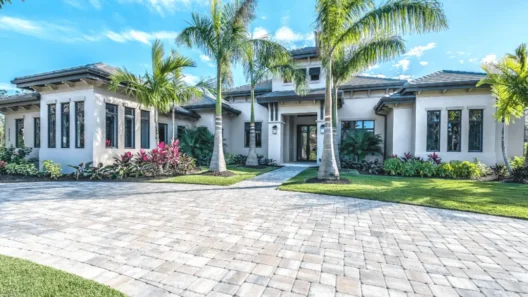Buying a property in Spain can be a rewarding experience—whether you’re dreaming of a sun-soaked vacation home, planning a retirement move, or simply looking for a stable real estate investment. But the process isn’t without complexity. Spanish legal, tax, and administrative systems differ from many countries, and diving in unprepared can lead to costly surprises.
This in-depth guide breaks down the entire process from A to Z helping international buyers understand what to expect, how to protect themselves, and how to make smart decisions every step of the way.
1. Preparing to Buy: Setting the Foundation
Before viewing villas or apartments, you’ll need to take care of three crucial preparations: obtaining your foreigner ID number, opening a Spanish bank account, and planning your finances.
1.1 Get a NIE Number (Número de Identidad de Extranjero)
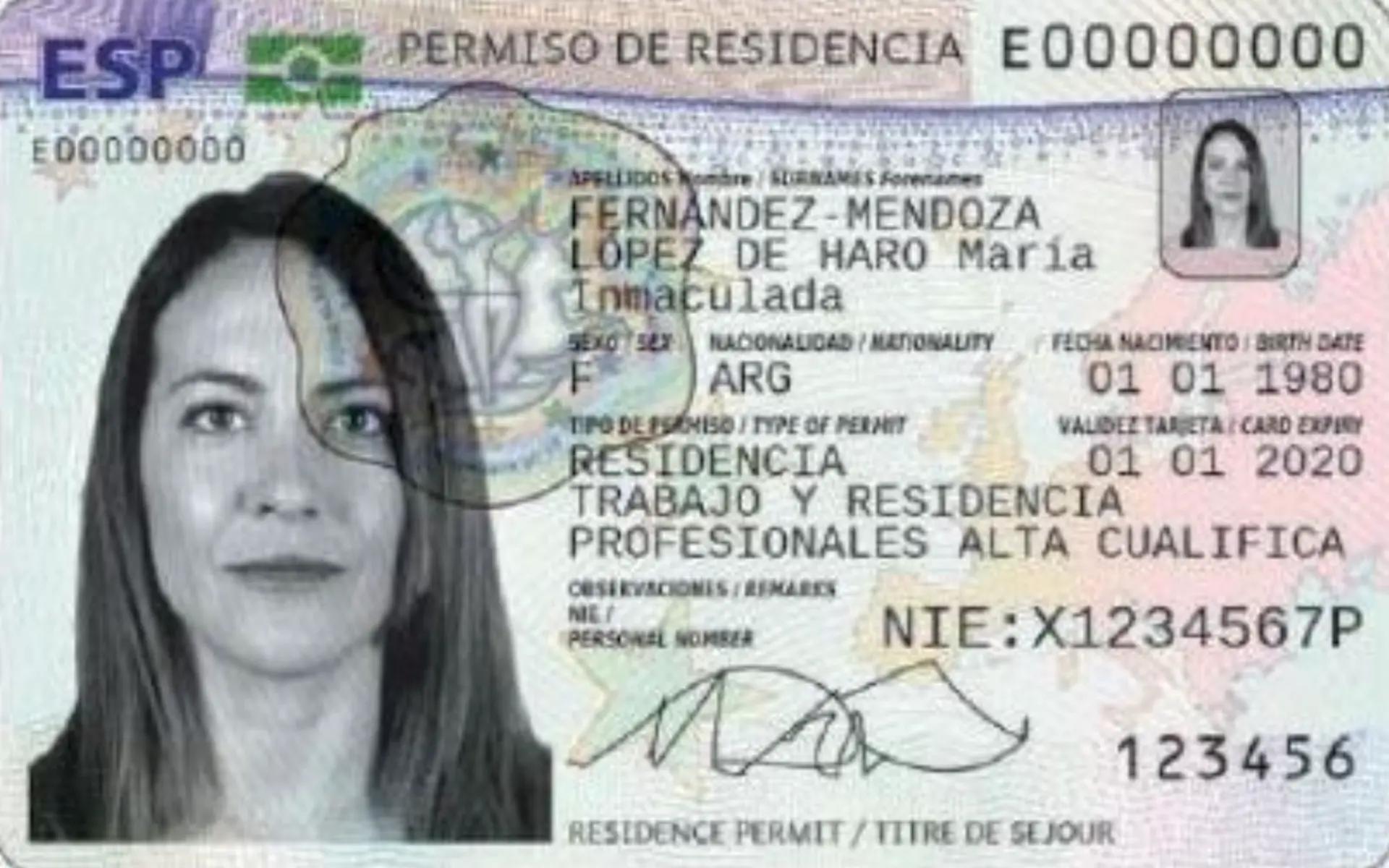
The NIE is your gateway into the Spanish legal and tax system. It’s required for:
- Signing the final purchase deed
- Opening a bank account
- Paying taxes and utility bills
- Getting insurance and setting up service contracts
You can apply for your NIE in Spain at a local police station or abroad at a Spanish embassy or consulate. The application requires a valid ID, a completed form (EX-18 for EU citizens), proof of purpose (like a reservation agreement), photos, and a processing fee receipt.
Don’t underestimate the waiting time booking an appointment (cita previa) can take weeks or months in busy regions.
1.2 Open a Spanish Bank Account
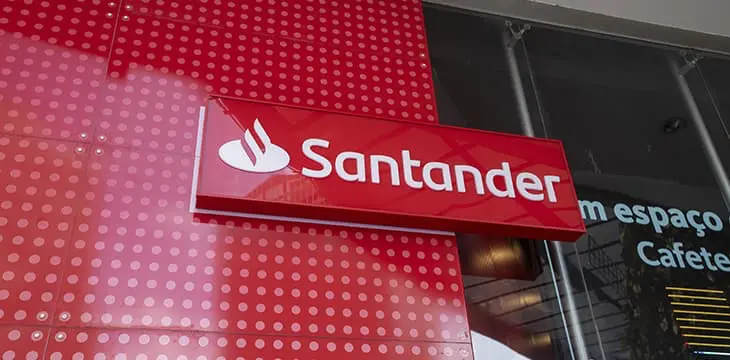
While technically not mandatory, it’s practically essential. Most payments including the final purchase amount are processed via Spanish bank cheques (cheques bancarios).
You’ll also need the account for:
- Paying property taxes (ITP or IVA)
- Utility bills and service charges
- Community fees (if applicable)
All you need is your NIE and ID. But be aware: fees and account conditions vary. Compare multiple banks before choosing.
1.3 Budget Realistically and Plan Financing
The listed price of a property is just the start. Expect 10–13% additional costs for taxes, legal fees, and transaction expenses. These need to be paid in cash, not covered by a mortgage.
If you’re applying for a Spanish mortgage as a non-resident, get pre-approval early. It can take 2–3 months, and banks apply stricter criteria than for residents.
2. Property Search: Where to Look for Homes in Spain
Spain has an active online real estate market. Here are the most reliable platforms to start your search:
| Portal | Description | Languages |
|---|---|---|
| Idealista | Largest and most used portal in Spain | Spanish, English |
| Fotocasa | Easy-to-use platform with solid filters | Spanish, English |
| Kyero | Made for international buyers | English, French, more |
| Habitaclia | Popular in Catalonia & Mediterranean coast | Spanish only |
| ThinkSpain | Great for coastal and expat-friendly homes | English |
| SpainHouses | Wide listings by region and property type | English, Spanish |
Pro tip: Cross-check listings between portals. Some agents list the same property under different prices.
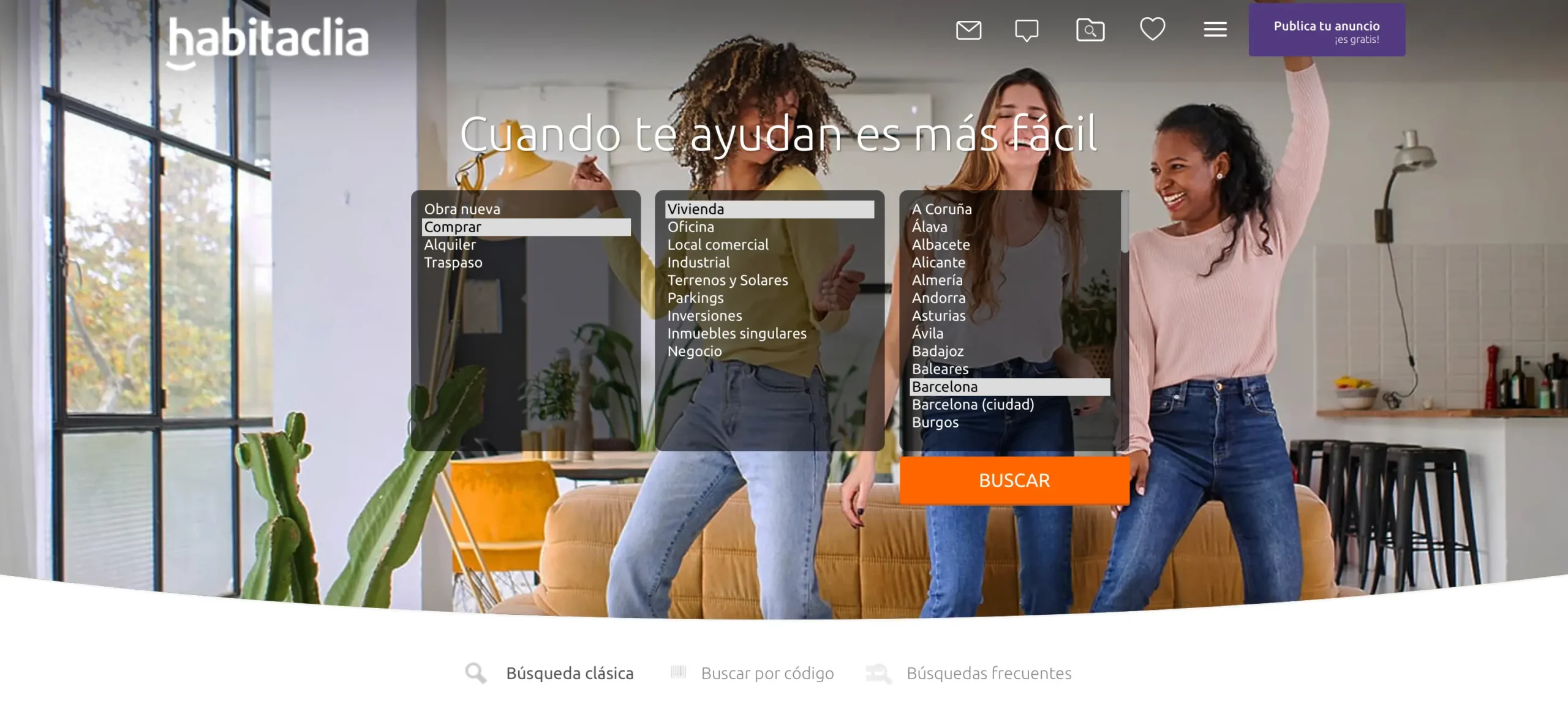
⚠️ Occasionally, you might find listings or platforms region-blocked or geo-restricted. If that happens, you can use a trusted VPN to connect via a Spanish IP address.
📌 Try:
This way, you can browse like a local, especially if property content varies by country.
3. Buying Process Step by Step
The legal process in Spain is structured and formal. There are four main phases, each with distinct implications and risks.
3.1 Step 1: Reservation Contract (Contrato de Reserva)
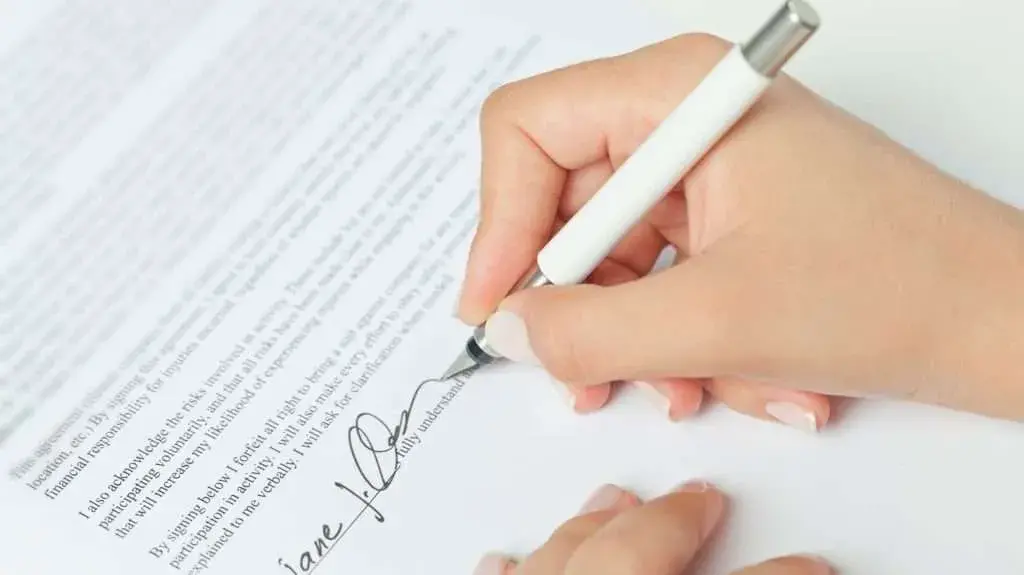
You’ve found the right place. Now, the agent might offer you a reservation contract—to secure the property temporarily.
- Typical deposit: €3,000–€10,000
- Purpose: Take the listing off-market and lock in the price
Be careful: These contracts often say the deposit is non-refundable, even if later legal checks reveal issues.
✅ Solution: Have your own lawyer review and amend the contract before signing. Add a clause that makes the reservation refundable if legal or structural issues are found.
3.2 Step 2: Legal Due Diligence
Your lawyer will investigate the property’s legal and fiscal status. Key checks include:
- Nota Simple: Confirms ownership, debts, and legal description
- IBI tax status: Ensures no unpaid local taxes
- Community fees: Checks for unpaid charges
- Building licenses and habitability certificates
- Energy certificate
If buying off-plan, the lawyer must also verify the developer’s legitimacy and ensure bank guarantees are in place for any pre-construction payments.
3.3 Step 3: Private Purchase Contract (Contrato Privado de Compraventa)
If everything checks out, both parties sign the private contract. The buyer pays 10% deposit (minus any reservation already paid). This contract locks in all terms and conditions.
- If the buyer pulls out: You lose the deposit
- If the seller cancels: They owe you double the deposit
This is the critical commitment point. No going back.
3.4 Step 4: Final Signature at the Notary (Escritura Pública)
The sale is finalized at the notary office. This is where the ownership is officially transferred.
- The buyer pays the remaining balance
- The seller hands over the keys
- The notary submits the sale to the Land Registry
⚠️ Reminder: The notary is not your lawyer. They certify the act but don’t investigate debts or legal risks. That’s why your independent lawyer is irreplaceable.
4. Taxes and Fees You’ll Pay
4.1 One-Time Purchase Costs
| Type | New Build | Resale |
|---|---|---|
| VAT (IVA) | 10% | – |
| Transfer Tax (ITP) | – | 6%–10% (varies by region) |
| Stamp Duty (AJD) | 1%–1.5% | – |
| Notary + Registration | ~€1,500–€2,000 | Same |
| Legal Fees | ~1% + VAT | Same |
Example: For a €300,000 home, total extra costs would range from €26,000 to €39,000 depending on property type and region.
4.2 Annual Ongoing Costs
- IBI property tax: €200–€2,000+ depending on property and area
- Non-resident income tax: 19% on “imputed” value (even if not rented)
- Community fees: €50–€300+ per month
- Waste collection fee
- Utilities and insurance
Total Estimated Costs for Buying Property in Spain
(Example: €300,000 Property in Andalusia)
| Expense | New Build | Resale Property | Notes |
|---|---|---|---|
| Purchase Price | €300,000 | €300,000 | Base property price |
| VAT (IVA) | €30,000 (10%) | – | Applies only to new properties |
| Transfer Tax (ITP) | – | €21,000 (7%) | Regional flat rate in Andalusia |
| Stamp Duty (AJD) | €3,600 (1.2%) | – | Applied only on new build |
| Notary Fees | €1,000 (approx.) | €1,000 (approx.) | Varies with property value |
| Land Registry Fees | €800 (approx.) | €800 (approx.) | State-regulated |
| Legal Fees | €3,630 (1% + VAT) | €3,630 (1% + VAT) | Standard for independent legal representation |
| Total Taxes | €33,600 | €21,000 | Sum of tax items (IVA/ITP + AJD) |
| Total Fees | €5,430 | €5,430 | Includes legal, notary, registry |
| Total Additional Costs | €39,030 | €26,430 | Above purchase price |
| Total Investment | €339,030 | €326,430 | Final out-of-pocket estimate |
| % Above Purchase Price | 13.0% | 8.8% | Useful for upfront financial planning |
5. Avoiding Scams and Fraud
Spanish property fraud isn’t common, but it exists—especially online. Be wary of:
- Suspiciously low prices
- No physical viewings allowed
- Pressure tactics (“pay today or lose it”)
- Unverified agents or sellers
🛑 Never pay a deposit or reservation without:
- Visiting the property in person
- Verifying documents through your lawyer
- Confirming ownership and legal status
Also check if the website is secure (https://), has verified contact details, and a domain with proper history. Poor grammar and stock photos can be red flags.
Final Checklist: Buy Smart, Not Fast
- Get your NIE and bank account early
- Hire your own independent lawyer
- Budget for 10–13% in extra costs
- Double-check the property via Nota Simple and other documents
- Never skip legal review even if buying online
- Use a VPN only to access listings not for transaction security
- Don’t rush. Spain’s property system rewards discipline
With the right steps, buying property in Spain is absolutely manageable. It’s not about avoiding risk it’s about knowing how to control it.
Get organized, get professional help, and get ready to own a slice of the Mediterranean.
FAQ – Frequently Asked Questions About Buying Property in Spain
Do I need a lawyer to buy property in Spain?
Yes. Hiring an independent Spanish lawyer (abogado) is strongly recommended. They protect your interests, conduct due diligence, and review contracts before you commit.
What are the total extra costs beyond the purchase price?
Expect to pay an additional 10–13% of the property price. This covers taxes (IVA or ITP), notary fees, registration costs, legal services, and stamp duty if applicable.
Can foreigners get a mortgage in Spain?
Yes, non-residents can apply for mortgages in Spain. Approval takes 2–3 months, and banks usually lend up to 60–70% of the property value. Pre-approval is key.
What documents do I need to buy a house in Spain?
At minimum, you’ll need:
- Reviewed contracts and due diligence reports
- NIE (foreigner ID number)
- Valid passport/ID
- Proof of funds or mortgage
- Spanish bank account
How can I avoid scams when buying property online?
Always visit the property in person, verify ownership via Nota Simple, and never pay deposits without legal review. Use trusted websites and confirm agent credentials.







